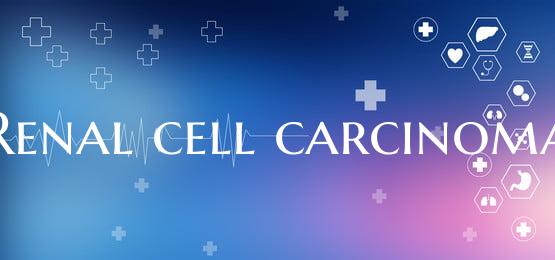
Renal cell carcinoma
Renal cell carcinoma, also known as kidney cancer, is a type of cancer that starts in the cells of the kidneys. It is one of the most common types of kidney cancer in adults. Understanding the causes, symptoms, diagnosis, and treatment options for renal cell carcinoma is crucial for early detection and effective management of the disease.
Causes: The exact cause of renal cell carcinoma is not fully understood. However, several risk factors have been identified that may increase the chances of developing this type of cancer. These risk factors include smoking, obesity, high blood pressure, family history of kidney cancer, and certain genetic conditions such as Von Hippel-Lindau disease.
Symptoms: In the early stages, renal cell carcinoma may not cause any noticeable symptoms. However, as the cancer progresses, symptoms may develop, including blood in the urine, back pain below the ribs, unexplained weight loss, fatigue, fever, and swelling in the legs and ankles. It is important to consult a healthcare provider if any of these symptoms are experienced, especially if they persist or worsen over time.
Diagnosis: Diagnosing renal cell carcinoma usually involves a combination of medical history review, physical examination, imaging tests such as CT scans and ultrasounds, and laboratory tests to analyze blood and urine samples. A definitive diagnosis is often made through a biopsy, in which a small sample of kidney tissue is examined under a microscope for the presence of cancer cells.
Treatment: The treatment of renal cell carcinoma depends on several factors, including the stage of the cancer, the individual's overall health, and personal preferences. Treatment options may include surgery to remove the tumor, targeted therapy, immunotherapy, radiation therapy, and sometimes chemotherapy. The goal of treatment is to remove the cancerous cells, prevent the cancer from spreading, and improve the quality of life for the patient.
In conclusion, renal cell carcinoma is a serious condition that requires prompt medical attention. By understanding the causes, symptoms, diagnosis, and treatment options for this type of kidney cancer, individuals can take proactive steps towards early detection and successful management of the disease. Regular check-ups, healthy lifestyle choices, and awareness of risk factors can all contribute to reducing the risk of developing renal cell carcinoma and improving outcomes for those affected by this disease.